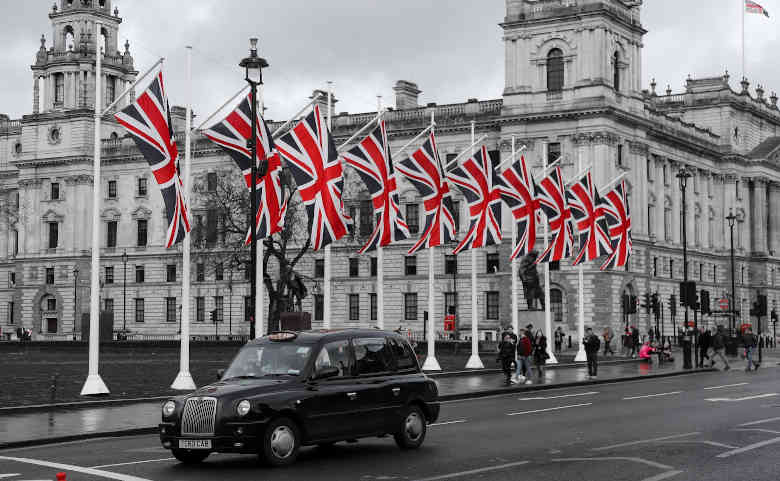The Daily Telegraph, October 22, Roger Bootle
With the Autumn Statement only weeks away and the Labour Party burnishing its credentials as the next government, economists are focusing afresh on the fiscal outlook.
Last week, the memorial service for Lord (Nigel) Lawson got me thinking again about what he did for the British economy and what we can learn from his example.
What made Lord Lawson so effective was a combination of acute intelligence, great courage, crystal clear vision and supreme self-confidence. He was surely one of the most impressive chancellors of the post-war period.
What’s more, he was intimately involved in most of the key aspects of what came to be known as “the Thatcher Revolution”. Indeed, we should perhaps more appropriately refer to the “Thatcher-Lawson Revolution”.
Lord Lawson believed in low taxes, small government and freedom, including in the economic sense. But he was no rabid tax cutter, come what may. On the contrary, he put defeating inflation and stabilising the public finances first, as he made clear in relation to the unfortunate Truss/Kwarteng mini-Budget last year.
Click here to read the piece in full.

